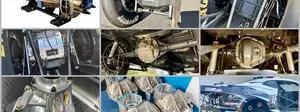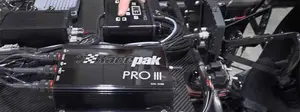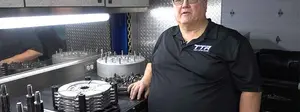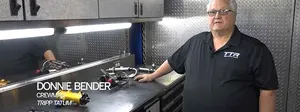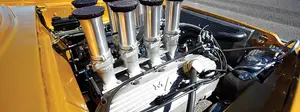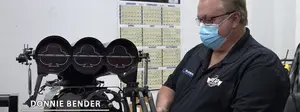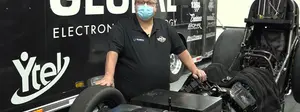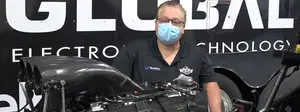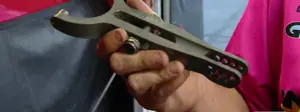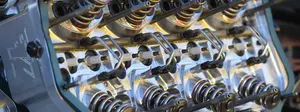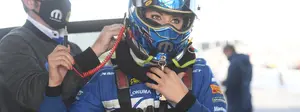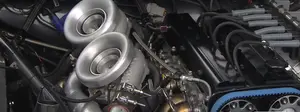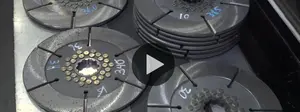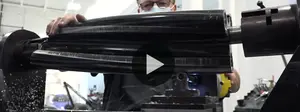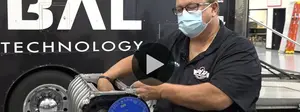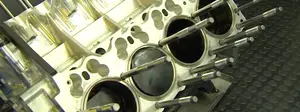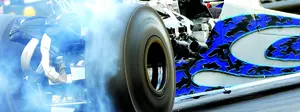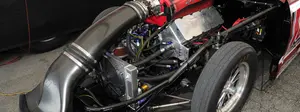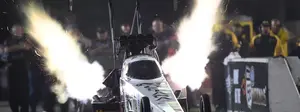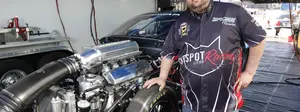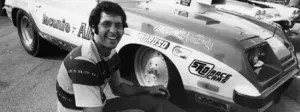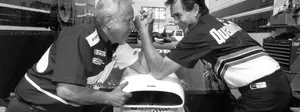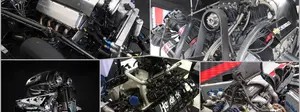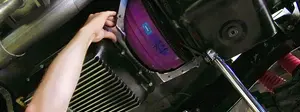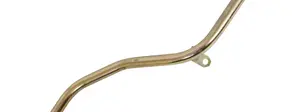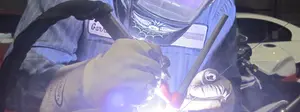NHRA Expertise: Inside Top Fuel beadlock wheels
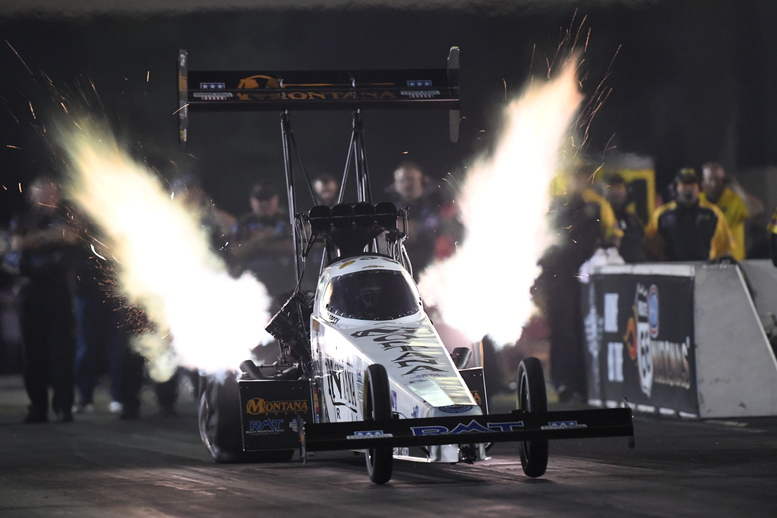
Brutality. It’s the only treatment components in a nitro-powered Top Fuel dragster or Funny Car experience. With tuners now extracting more than 11,000 hp from their 500-cid supercharged engines, every part beneath the decals on the valve covers is designed to test the limitations of the Earth’s gravitational pull. The quasi-acceptable weak link in the whole equation is traction, and one of the last components asked to not yield an inch-pound of force are the wheels.

Beadlock wheels, as their name implies, are wheels that mechanically grip (or lock) the bead bundle of a racing tire to the wheel. Unlike traditional passenger-car wheels that rely on air pressure to wedge the tire against the wheel and hold them in place, beadlocks are designed to squeeze the tire sidewall with a vise-like clamping force via a bolt-on ring. Some beadlock wheels feature this ring on the outside of the wheel only, which is enough in many cases. On a Pro Stock, Pro Mod, Top Fuel, or Funny Car wheel, there are beadlocks on both sides.
The beadlock-wheel design allows for two distinct advantages: it allows the tire to stay on the wheel even with single-digit air pressures, and it ensures the wheel cannot spin within the tire. These two advantages become important as the power levels increase, and become critical with nitro-powered cars. Here’s how they do it.

The most common beadlock wheels seen on a Top Fueler or Funny Car have become Weld Racing’s Delta-1 TF beadlocks. They are 16 inches in diameter and 16 inches wide, forged from a single piece of 6061-series aluminum, typically anodized black, and designed to weigh less than 19 pounds. They come with an SF1 15.4 certification, and are made in Kansas City, Mo.

Traditional wheels position a tire’s bead bundle on the inside of the wheel flange. Air pressure then forces the tire’s sidewall out, and the tire is held in place against the wheel. That’s enough for street cars and many race cars. With a beadlock wheel, the tire sits on the outside of the wheel flange against a knurled surface that grips the tire and maintains its clocking position relative to the wheel.

An external aluminum ring is then placed over the tire and, in the case of the Delta-1 TF wheels, two dozen 3/8-inch bolts with beveled washers are used to clamp the tire to the wheel. These bolts are torqued in a star sequence in three stages, much like a cylinder head, with a first pass of 200 in-lb (16.7 ft-lb), a second pass of 325 in-lb (27.1 ft-lb), and a final pass of 325 in-lb (27.1 ft-lb).
SOURCE
Weld Racing



